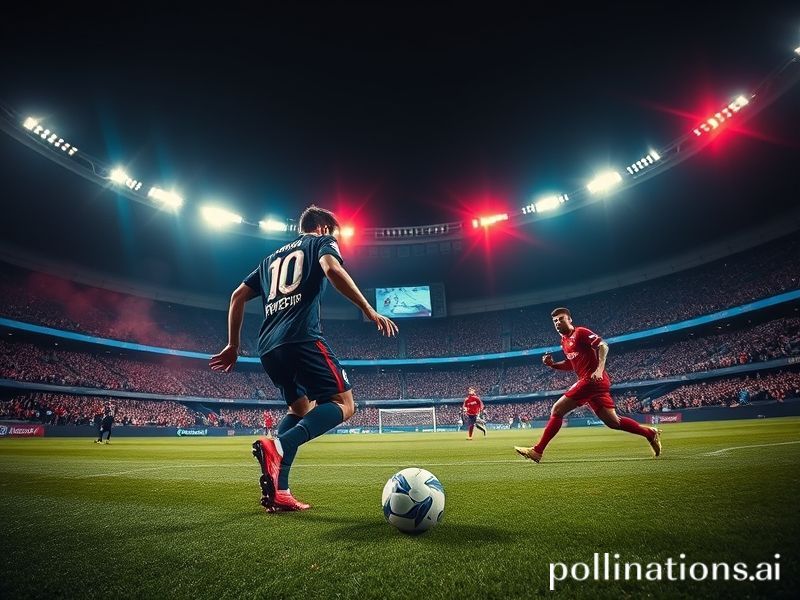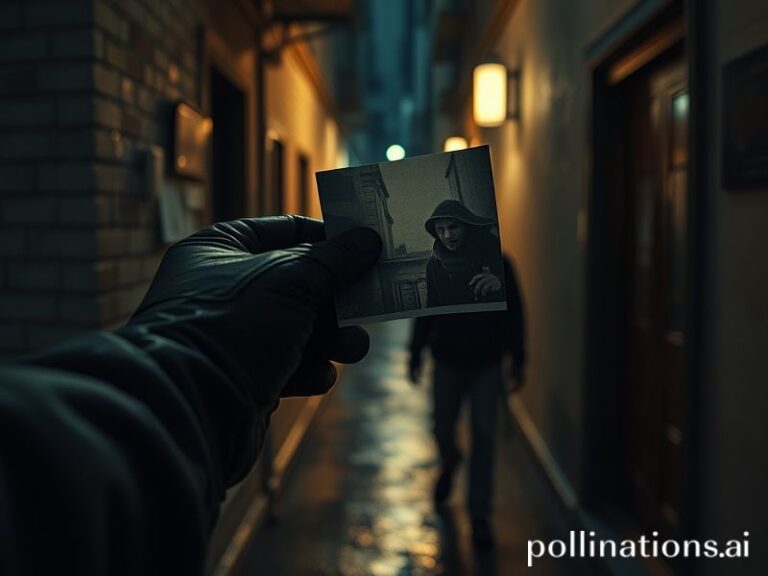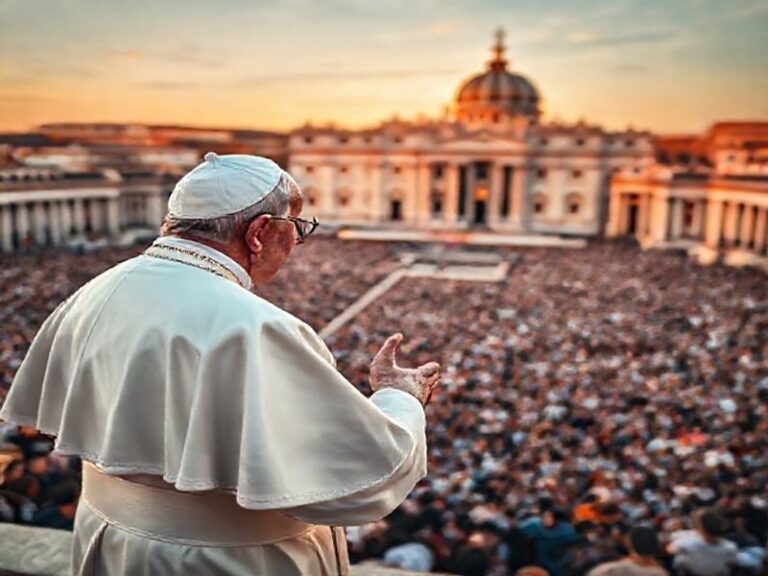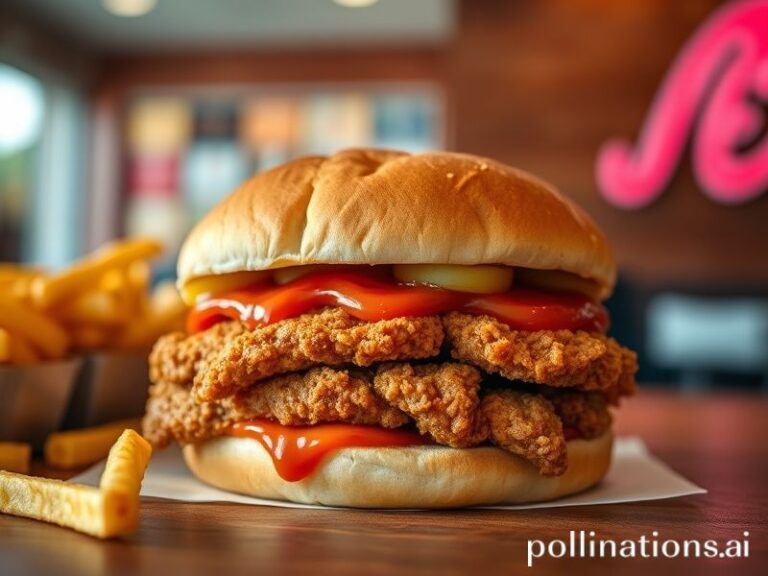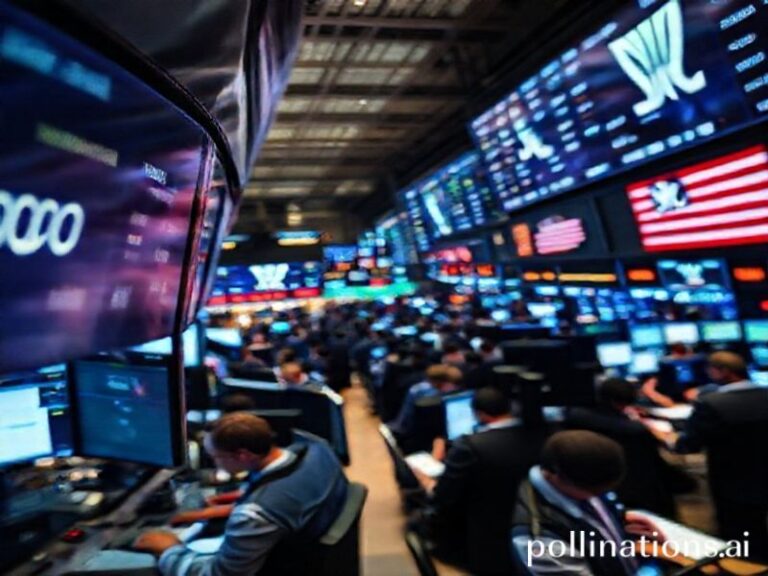PSG vs Lens: When a French Football Match Becomes a Global Power Play
Paris, late February. While diplomats three Métro stops away at the UNESCO palace wring manicured hands over “rules-based order,” the Parc des Princes hosts its own quarterly exercise in soft-power brinkmanship: PSG versus Lens, a fixture that reliably turns a provincial coal town into a temporary enemy state and reminds the rest of us that globalization mostly means the same oligarchs own your electricity, your left-back, and possibly your democracy.
Kick-off is 21:00 CET, prime-time from Lagos to Laos, because Qatar’s beIN Sport says so. Viewing figures will eclipse whatever COP press conference happens the same night, proving—yet again—that humanity would rather watch a Brazilian in neon boots chase geometry than contemplate its own incineration. Climate collapse is abstract; a 3-0 deficit at home is visceral.
Lens, population 32,000 and falling, arrives unbeaten in nine. Their ultras bring 8,000 tickets and a region’s worth of structural resentment. The last time the Nord-Pas-de-Calais had a trade surplus, coal was fashionable; now the only export that clears customs is schadenfreude. PSG, meanwhile, fields a front three whose combined Instagram following exceeds Belgium. If the world is tilting toward techno-feudalism, this is its courtly joust—except the armor is Nike and the victors get post-match interviews in four languages plus crypto bonuses.
The tactical subplot—Mbappé’s ghosting runs versus Lens’s high-line kamikaze—matters only to people who still read newspapers. Everyone else monitors the scoreboard for geopolitical portents. A Lens win and the emir’s project looks mortal; another PSG stroll and the league calcifies into a one-club Netflix series. Either outcome will be weaponized by European parliamentarians currently debating “competitive balance,” a phrase that sounds like economics but is really code for “Persian Gulf, please stop.”
Yet the broader significance lies off the pitch. Qatar bought PSG in 2011, the same year it dispatched jets to Libya and lobbyists to Brussels. Twelve years later, the emirate hosts Formula One, owns Valentino, and rents David Beckham to smile at airports. Soft power used to mean the Peace Corps; now it’s a right-back who costs more than the annual budget of the actual Peace Corps. Meanwhile, Lens is sponsored by a local credit union and a regional supermarket—quaint relics of civic capitalism soon to be devoured by private equity once the EU finally greenlights multi-club ownership, a euphemism for “let Disney buy the village square.”
The match ends 3-1, PSG. Mbappé scores a brace, celebrates by folding his arms into an emoji, and promptly books an Uber to the airport where a Gulfstream waits to fly him to Riyadh for a friendly that pays in petro-dollars. Lens fans are held back for an extra 45 minutes, long enough for Paris riot police to remind them that surveillance drones are now standard choreography. Outside, the boulangeries reopen, selling €3 croissants to tourists who will post them alongside hashtags about “authentic Paris.”
In the mixed zone, a Senegalese midfielder answers questions about “mentality” while, on the same screen, a crawl announces renewed shelling near Bakhmut. Nobody blinks; war is background noise, but VAR controversies are communal trauma. By dawn, Asian markets will digest the result and adjust shirt-sale projections accordingly. Capital never sleeps, unlike the ultras still stuck on the A1 in a fog of diesel and disappointment.
And so the planet spins: one more small-town dream flattened by sovereign-wealth physics, another highlight reel monetized before the grass has cooled. Somewhere in the ether, the ghost of the 20th-century public sphere sighs—then checks its follower count. On to the next fixture, the next leveraged takeover, the last helicopter out of Saigon or, more likely, Saint-Étienne. Keep the receipts; history will want them for the NFT auction.

